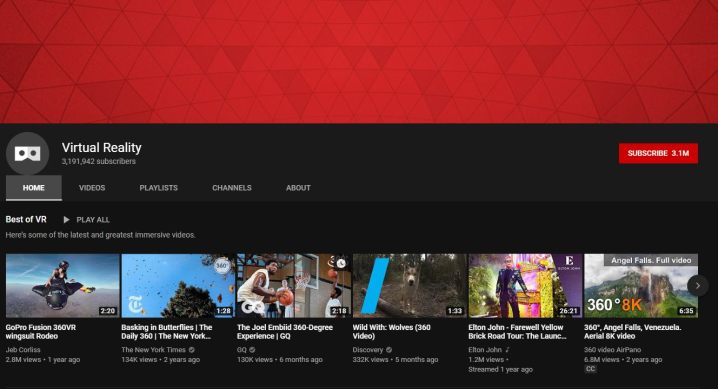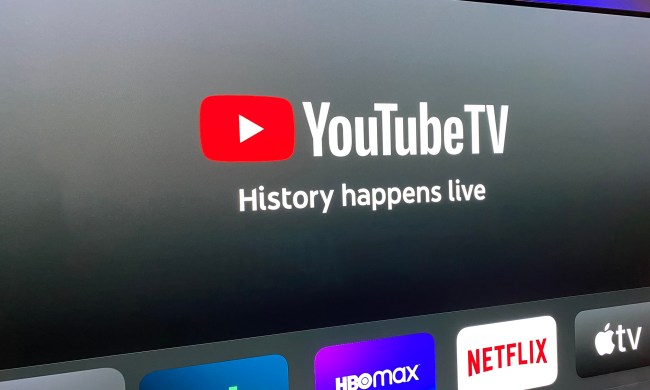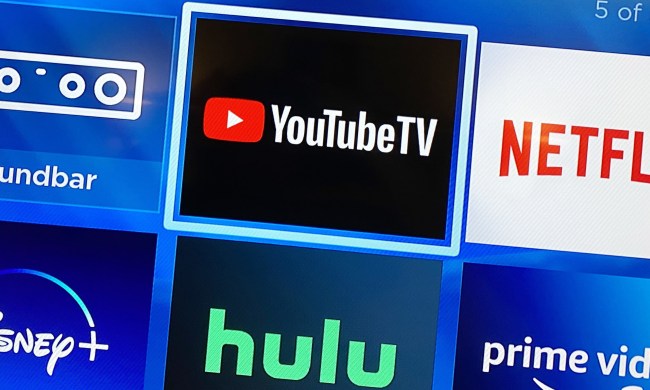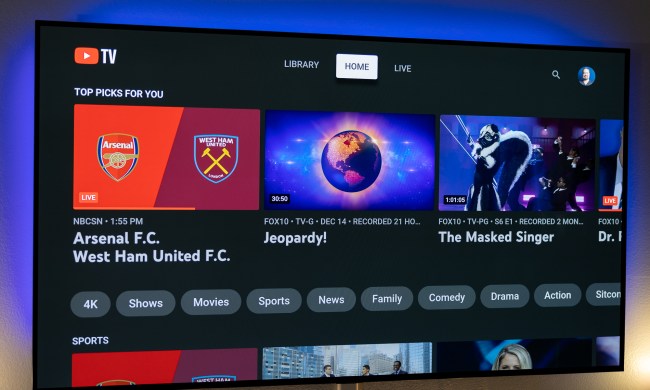
As virtual reality HMD adoption rises, entertainment media powerhouses are getting more skin in the game. YouTube is where many consume their content and the platform has amassed over one million VR videos and experiences. The team behind it wants to continue to grow with VR and, to do that, the team revealed that YouTube is coming to the Oculus Quest as a launch application.
YouTube VR launched in November 2016 and is already available on Daydream View, HTC Vive, PlayStation VR, Samsung Gear, VR, Oculus Go, and Oculus Rift. This gives it a home on not only the powerful PC-tethered virtual reality options but can be taken on the go with mobile and completely wireless VR HMDs. The Oculus Quest is bridging the gap with powerful, fully immersive VR content without having to be connected to a PC and having the YouTube VR app at launch gives potential consumers a wealth of content to access immediately.
The Oculus Quest is an all-in-one VR headset with Oculus Insight tracking, meaning there are no external sensors that you have to set up. As long as you’re playing in the ideal setting, the Quest is a pick-up-and-play solution that removes the complicated setup. It comes in a 64GB version for $400 and 128GB model for $500 and they both will ship by May 30. Preorders are live now and some customers have even received their Quests early.
With the growing exposure of VR comes higher production values and investments in virtual reality content. For instance, the VR short film Crow: The Legend VR won multiple Emmy awards, including an individual achievement award for character design and another for production design, and it features performances from Constance Wu, Oprah, Liza Koshy, and John Legend. The Jet Propulsion Lab at National Aeronautics and Space Administration, also known as NASA, even earned an Emmy for showing the world outer space in a 360-degree livestream.
Creating VR content takes some additional layers of thinking even for the most experienced content creators and filmmakers. With that in mind, YouTube is taking applications in Europe for its VR Creator Lab. The program teaches the VR180 format for YouTube across three months. Select participants can even earn $20,000 in production funding, a VR180 camera, ongoing mentoring, and advanced education in a three-day boot camp at YouTube Space.



